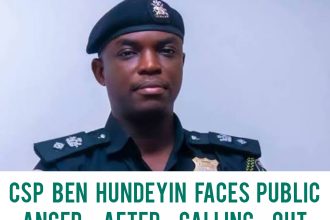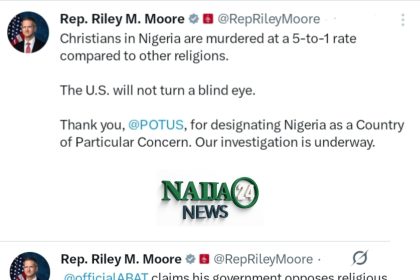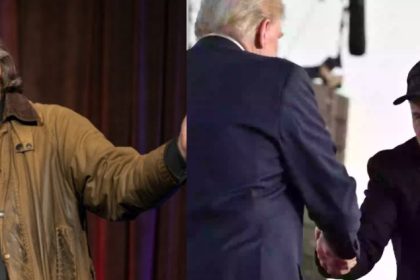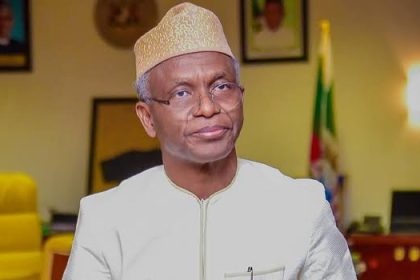The Catholic Archbishop of Sokoto Diocese, Bishop Matthew Hassan Kukah, has urged the United States not to redesignate Nigeria as a “Country of Particular Concern” over religious persecution, warning that such action could derail ongoing national reconciliation and embolden extremist groups.
Speaking on Tuesday in Vatican City during the presentation of Aid to the Church in Need’s 2025 World Report on Religious Freedom, Kukah said that while acts of impunity and persecution still exist in parts of Nigeria, the administration of President Bola Tinubu has shown “genuine signs of inclusion” that deserve encouragement rather than condemnation.
“Acts of impunity still persist, but it is my view that redesignating Nigeria a Country of Concern will hurt the initiatives we are working on with the current government,” Kukah said.
The revered cleric explained that foreign powers should instead support Nigeria’s internal dialogue efforts rather than impose measures that could “increase tension, sow doubt and allow criminals to exploit the situation.”
He emphasized that under President Tinubu, efforts are being made to rebuild trust through inclusive appointments, noting that while both the President and Vice President are Muslims, “Christians have not felt alienated.”
“The Chief of Defence Staff, the Director of the DSS, and several key government officials are Christians. These are confidence-building measures aimed at restoring national balance,” he said.
Contrasting the current government with the previous administration, Kukah accused former President Muhammadu Buhari of deepening religious divides and giving “oxygen to jihadists” through lopsided appointments.
“The Buhari administration marked the worst phase in the history of interfaith relations in Nigeria. That government’s policies overtly favoured Islam and northern Nigeria, excluding Christians from power,” Kukah declared.
He alleged that under Buhari, “it was more important to be a northern Muslim than a Nigerian citizen,” arguing that such tendencies legitimized persecution and fractured national unity.
While admitting that Nigeria is still “bleeding,” Kukah expressed optimism that Tinubu’s inclusive approach could help reverse years of division if backed by global cooperation and internal reforms.
“Our situation is far from perfect. We are still in a bad place, but there are signs of a government willing to listen,” he said.
Kukah concluded by urging the U.S. and international partners to support Nigeria’s homegrown peace and justice initiatives instead of punitive reclassification.
“We should be supported and encouraged in this effort, not punished,” he said.
Kukah to US: Don’t Redesignate Nigeria as ‘Country of Concern’, It’ll Hurt Peace Efforts
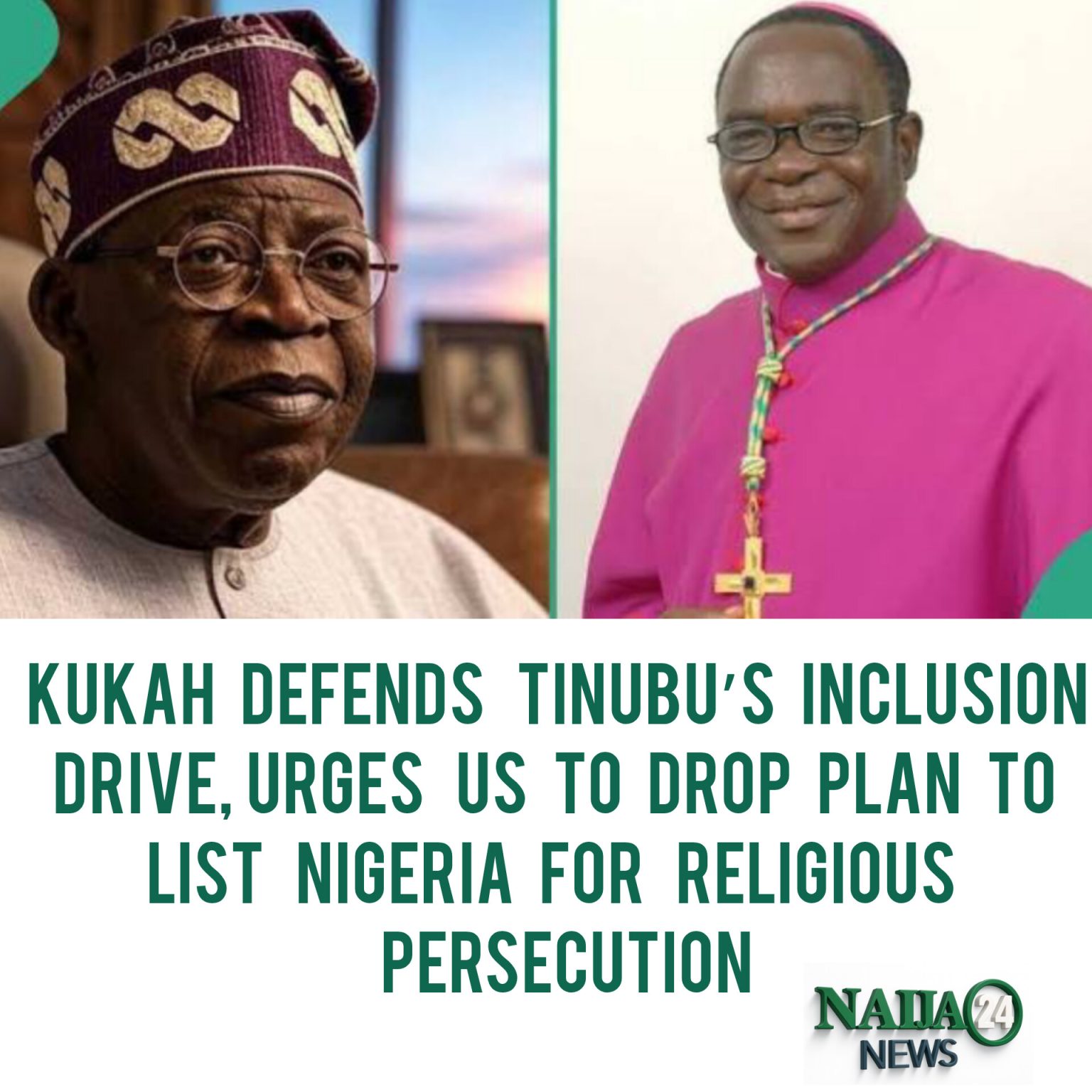
Social Action. Climate Change Enthusiast. Health. Sports. Politics. New Media. Leveraging Data For Analytical Insights
Leave a Comment
Leave a Comment

